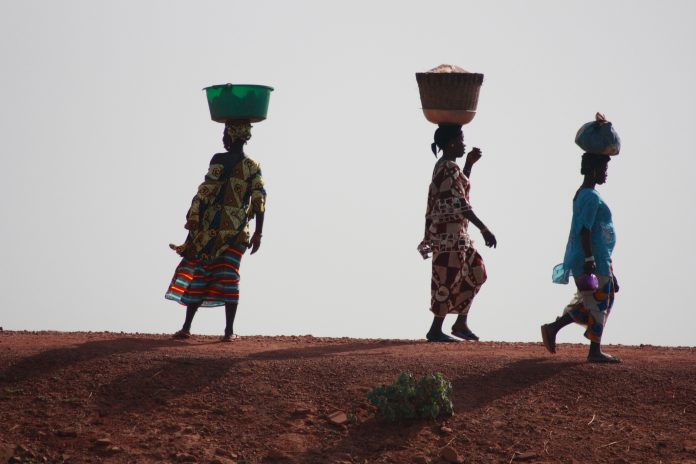In Canada, a coalition of organisations are funding £11.6 million (CAD 20 million) into Women RISE – a call for gender and health equality research
During COVID, globally, women and girls experienced a widening disparity. From public health to working conditions, in times of hardship, communities who are vulnerable absorb the impact.
The Canadian Institutes of Health Research (CIHR) and the Social Sciences and Humanities Research Council (SSHRC) will launch Women RISE, an initiative to generate research evidence. This evidence will be used to create immediate and medium-term solutions for COVID recovery – with a specific focus on changing the daily realities of gender and health inequality.
Explaining Women RISE, the International Development Research Centre says: “Women around the world have borne the brunt of layoffs and loss of livelihoods, sacrificed their health at the frontlines of the pandemic response and disproportionately shouldered the burden of additional caregiving associated with COVID-19.”
This funding will support population and public health research in Low-to-Middle-Income countries, which explore the UN Research Roadmap Priority 3.5: “How have recent economic changes disproportionately impacted women and how can recovery strategies be inclusive and gender-transformative?”
Enough funding for 20 research teams, for two years
The funding is expected to produce 20 research teams, with a project duration of up to 24 months. The maximum budget for each grant will be CAD 1,000,000, or £583,680. Women RISE is expected to launch in March 2022, with initial proposals from those vying for grants due April 2022.
A full proposal, if the first round is successful, will be due July, 2022.
Multiple statistics show that racial minorities are disproportionately hospitalised and killed by COVID. These communities are already experiencing disparity in access to healthcare and often have to work high-contact jobs – despite the presence of vaccines.
In the US, Harvard found that Black women were four times more likely to die of COVID.
The team said that societal factors surrounding gender, combined with racism and poverty are equally important to understanding why Black people are disproportionately dying from the virus.
Now, Canada is investing heavily into answering and solving some key issues.
What kind of research subjects will Women RISE accept?
While the initiative calls for various types of research, three precise areas of gender and health inequality are required:
1. Infectious diseases
Research focused on understanding how relationships between women’s work and health have been shaped by and are shaping disruptions in infectious-disease prevention, immunisation programs and care services.
2. HIV/AIDS and sexually transmitted and blood-borne infections (STBBI)
Research specific to women living with HIV/AIDS, COVID-related disruptions to HIV and STBBI prevention or care services, or the health of women in occupations that put them at increased risk for HIV and STBBI acquisition.
3. Pandemics and health emergencies
Research that investigates ways the COVID-19 experience can inform, improve and safeguard women’s health and socioeconomic well-being against future health emergencies, including infectious pandemics, environmental disasters or other large-scale acute events with actual or potential significant negative health impact or societal disruption.
Projects funded under this specific research area should focus on how an improved and more nuanced understanding of the relationship between women’s work and health can strengthen the design, implementation and impact of prevention, preparedness, response and recovery policies, programs and strategies for future pandemics and health emergencies.











